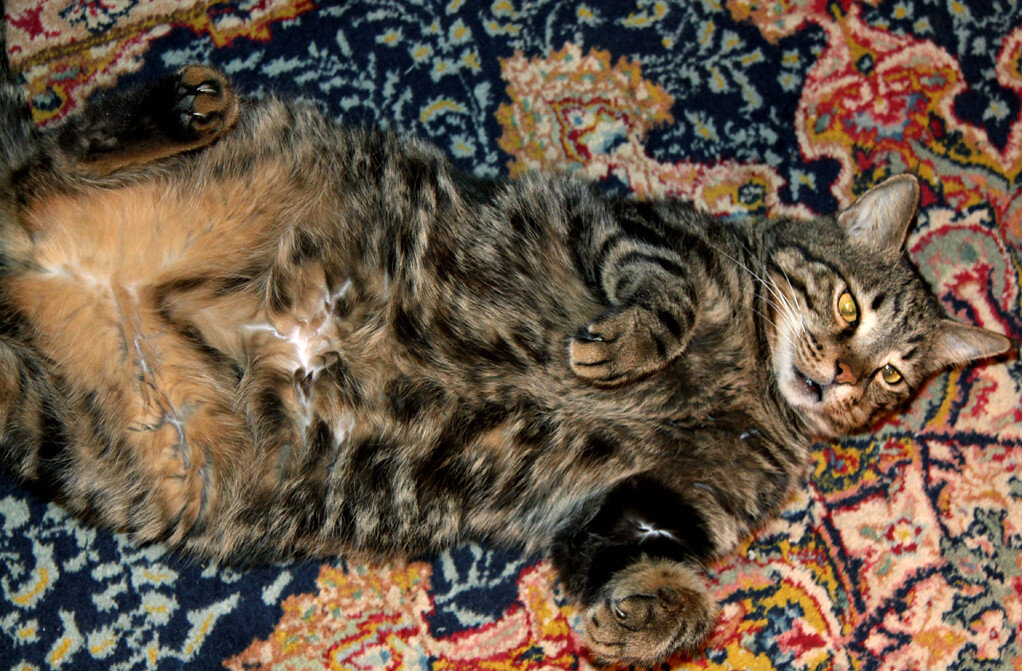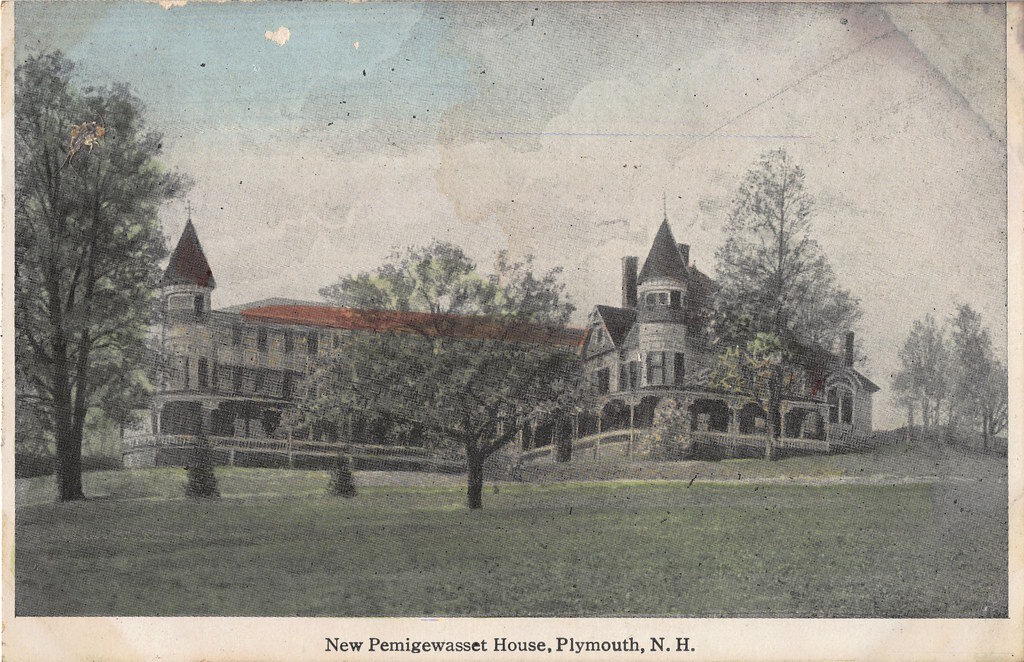A Questionable Gut Compass
By Dalton James
“Are you ever in a bad mood?” asked The Hip Gentleman. He smirked and crossed his arms, amused by the seeming tranquility of my inner waters. “Always upbeat. Always smiling. How do you do it?”
The Hip Gentleman, a Williams College professor, asked me this while we worked the counter of a single-screen cinema in the Berkshires. He taught biology during the day and at night he volunteered at the theater, which was historic but struggling. He sported a trendy haircut and the air of a savior. I just worked there for the money.
What Hip Gentleman didn’t know was that my inner waters were turbulent. Every moment, I struggled to tread water within that churning whitewash. My gasps for air often caught sea spray and ocean foam. Normally, I laughed and kept to the surface of things, might say something like, “Another day in paradise, brother!” People don’t like it when you share anything challenging, anything of substance. As though your vulnerability threatens their own sealed chest of sorrows. His questions were meant to be a simple greeting, something seeking no real response. But regardless of intention, his words implied my life either lacked turmoil—which was absurd considering our human condition—or that I was hiding it well—which was absurd considering the degree to which my life was unraveling. So I decided to speak candidly.
“My dad died suddenly in 2017. He was fifty-eight. Strong, though his organs apparently were not. His brother died at fifty-six. How much time does that leave me?”
Kernels in a cup.
Oil in a kettle.
“I cried on the way to work. I cried in meetings. I cried on the way home. A few months later,[1] I was fired.”
The Hip Gentleman leaned against the counter. His arms remained crossed, but his eyes were wide and unblinking. Internally, I could tell, he screamed for an escape. He regretted asking his question. I could see it in his twitching gaze, in his fingers drumming his elbows. Normally, I stopped well before someone got to this point, but whatever was inside me was coming out and there was no stopping it. My emotional regulation membrane had been ruptured.
“My wife quit soon after I lost my job. We wanted to move, get a fresh start. She’s an artist and, after searching for affordable art towns, we settled on North Adams, Massachusetts. Life was so affordable we decided to go jobless for a year. We’d coast on savings and focus on painting and writing. I was convinced that if I got a few stories published, my self-worth would skyrocket. Instead, I exhausted my dad’s life insurance funds getting four stories placed in publications you’ve never heard of.”
Butter in the pot.
Cleaner on the counter.
“When it came time to find a job, though, a real job, none of this part-time minimum wage slacker shit, I couldn’t. Not from community colleges, libraries, or even doggy daycares. Things fractured between my wife and I. She lost interest in me. Turned her gaze outward. I was in her way. I was useless. Depressed. I was drunk and stoned every night for two years—and you know nights kick in early here in the winters.”
I couldn’t tell if The Hip Gentleman was still listening and I didn’t care. It felt good to spill my guts, especially to a man who saw me as just another local simpleton.
“I cry every night, sweeping up this theater alone. I cry every night on the way home. My dad’s dead. I’m broke with no prospects. My wife is leaving me, which pretty much kills off the children I’d imagined for us, doesn’t it? I have no friends here. My family lives in Florida. I’m a thirty-two year old man scraping by with this fucking job. Where do I go from here?”
The Hip Gentleman responded to my breakdown with polite sympathy, but he was clearly relieved when customers arrived for the next showtime. I never saw him greet someone so heartily. I suppose he needed to dive into someone else to escape my outpouring.
*
Soon after this conversation, I quit the theater job and moved away. The Hip Gentleman would never know that I moved back to Florida before earning my Wilderness First Responder certificate in North Carolina. He would never know that I worked as a wilderness therapy guide in Utah and met a girl there, that we soon moved to San Diego. My estranged wife and I are still in the process of divorcing. I can never tell how close it is to being finalized. It is a guillotine poised perpetually over my tired neck. My-soon-to-be-ex-wife and I are still friends, though. It would be impossible to bury twelve years of memories, memories that made me who I am today. No matter our conflicts, I will always be grateful for her influence in my life. Despite our joint efforts, however, the Massachusetts probate court continues to reject our application. They need different forms. They need us to file in a different county. I told them I’m in California now, that Danielle is bouncing from art residency to art residency. They said tough luck. Together, we’ve been working toward divorce for almost a year now.
I met Tessa while living in my Mazda and crawling through the wreckage of my marriage. A month later, we discovered our compatibility while sharing free work housing during the rise of COVID-19, both of us stuck in quarantine for several months together, often the only two people in the house. Her sun-flower energy mitigated my depression, made me feel valued and capable. As we grow closer I can tell she wants my heart, open and full, but sadly that part of me is gone. Similar to how my dad’s death left a crater in my world, so too has divorce left a crater in my heart. Sex and companionship—great!—but I’ve lost access to unguarded love. How could I ever trust my love again, especially after once feeling so certain? My internal gauges must be faulty. My gut compass cannot be trusted. Waves of guilt crash over me when I think about how she’s fallen for someone in serious disrepair.
My dad, though, had been married twice. His first wife cheated on him with her college professor. On the day before my marriage, he pulled aside his second wife, my mom, and told her she was the love of his life. They’d been divorced for ten years, but on the eve of my wedding he asked her to run away with him. I wish I could ask him more about that. I think it would give me hope, knowing there could be real love after heartbreak.
If the majority of my life provided stability and purpose, I think I’d be able to healthily parse through my recent bout of losses. But that has never been the case and still isn’t. Despite my time working, I don’t have much to show for it. My Mazda needs repairs faster than I can afford them. I can’t foresee owning a house or property. I can’t even afford health insurance. Before my dad died, the VA hospital told him he needed a pacemaker, but he could never afford one. Several months later, he died from a heart attack in his sleep. I’m afraid I see myself going down that route, broke with a failing body and no insurance to help.
In recent daydreams I’m living on the water. I’ve built a tent platform on a jon boat, just big enough for a cooler, a sleeping bag, and a place to sit. I picture waking up on foggy mornings, alone, simmering in the mystery of what lies ahead. There are no voices out here, only me. Nobody to worry about but myself. A fish jumps. Water rolls outward. A heron swoops low and I can hear the wind in its feathers. A gator eyes me from where it suns on a log. At the slightest disturbance, it thrashes its tail and vanishes into tannic waters. As I study the water in vain, I hope that the gator’s flight does not mirror some truer purpose behind my boat excursion: am I merely avoiding my challenges instead of addressing them? Is vanishing a part of the grieving process? If not, should it be?
I’m not sure why solitude and nature are calling to me so convincingly, but I feel a deep need to be alone. Maybe I need nature to neutralize my emotions and resentments. Maybe isolation would fossilize my feelings and allow me to study them objectively. My gut is telling me to become small and vanish among the cypress knees that puncture the still faces of Florida waters. But if I continue to trust my internal compass, one that has failed me repeatedly in the past, does that make me a fool? I’ve wondered recently the degree to which I’m responsible for my struggles. Can one detect their own contributions toward self-sabotage? Have I learned to like feeling sorry for myself?
I believe my father was unable to deliver vital information to me before he passed. I believe I was supposed to inherit some secret to adulthood. Instead, I’m stuck in a mysterious limbo, one where all relationships and occupations exist in a state of continuous decline. Fortunately, I have a loving family to return to. My mom has turned my childhood home into a flourishing lakeside retreat, and I know that I am all always welcome when life beats me down. But returning home sets off alarms in my head, despite all of the love and support that I’d receive. Returning home would mean I’d given up, that I’d failed in some way. I’d seen the world and had been unable to wrangle it to a manageable trot. I’d been bucked, again and again, until the pain of crashing convinced me to just stay down. My family doesn’t understand my resistance to returning home, and neither do I, really. I suppose I’m afraid it’ll signal the end of my story. Comfort and predictability has a way of putting time on fast-forward, and time is already moving fast enough for me.
I try not to think about my dad’s lost wisdom or what he looks like buried underground. I try not to think about how my children will never meet him, and that’s if I have children at all, being a thirty-three year old divorced man seeking solitude. I try not to think about my writing, if anyone even cares, and I try not to think about money and my lack of it. But most of all, I try not to think of all the ways in which I’d let Danielle down, and how those same traits lie dormant within me still, waiting to disappoint my next lover.
Last week, I boogie boarded at La Jolla while Tessa went for a long run. Rare storms off the coast scared the usual packs of surfers, and I had what seemed to be the entire Pacific to myself. I kicked through choppy waters for peaks that broke beautifully and for me alone. It was my first time catching real waves. Rather than dumping me over the falls, I shot down the faces of these waves as if they were moving slides. I paralleled the beach at high speeds with my face mere inches from the water. I looked up every now and then to see if people were witnessing my exhilaration, but they weren’t.
On shore, a dead seal had washed up with its face eaten off. Some remained in patches among exposed slabs of blubber. People paused their walks to gawk and take pictures. They didn’t notice the living seal bobbing up around me. He played in the waves and patrolled the shallow waters until I wondered if he were sending me a message, perhaps a warning. Had he been chased in by sharks? Killer whales? But I stayed in the water. I felt like I belonged, just another curious mammal. Rain began to fall and people retreated to their cars. The entire ocean was mine. I shredded steel-gray waves and caught seafoam in my smile, while on the horizon, heat lightning flickered and reminded me of home.
Dalton James is a graduate of the Mountainview Low-Residency MFA Program, and his fiction has appeared in J Journal, the Chariton Review, Sixfold, and Archipelago, an anthology. He currently lives in San Diego, but Florida will always be his home.















